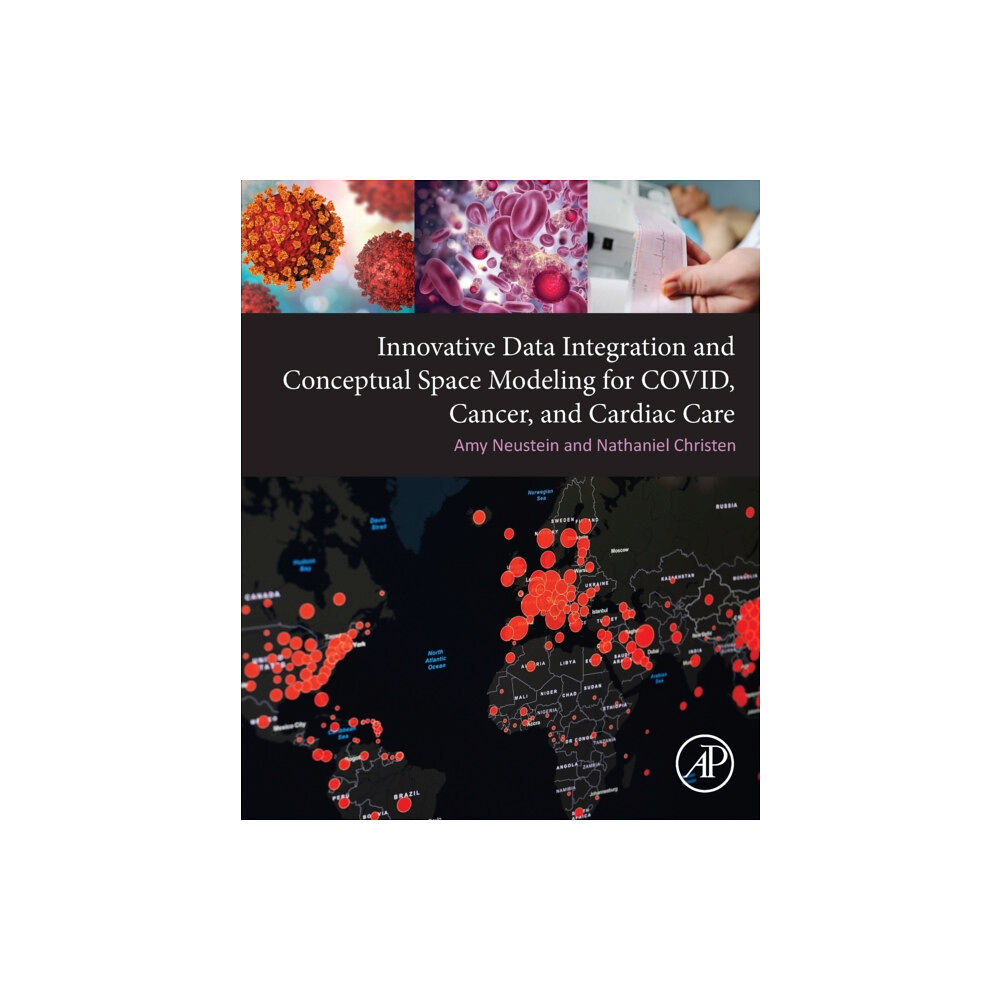Innovative Data Integration and Conceptual Space Modeling for COVID, Cancer, and Cardiac Care (häftad, eng)
1 129 kr
Bara 2 kvar
Skickas inom 4 - 5 vardagar
Specifikation
Det finns tyvärr inga specifikationer att visa för denna produkt.

